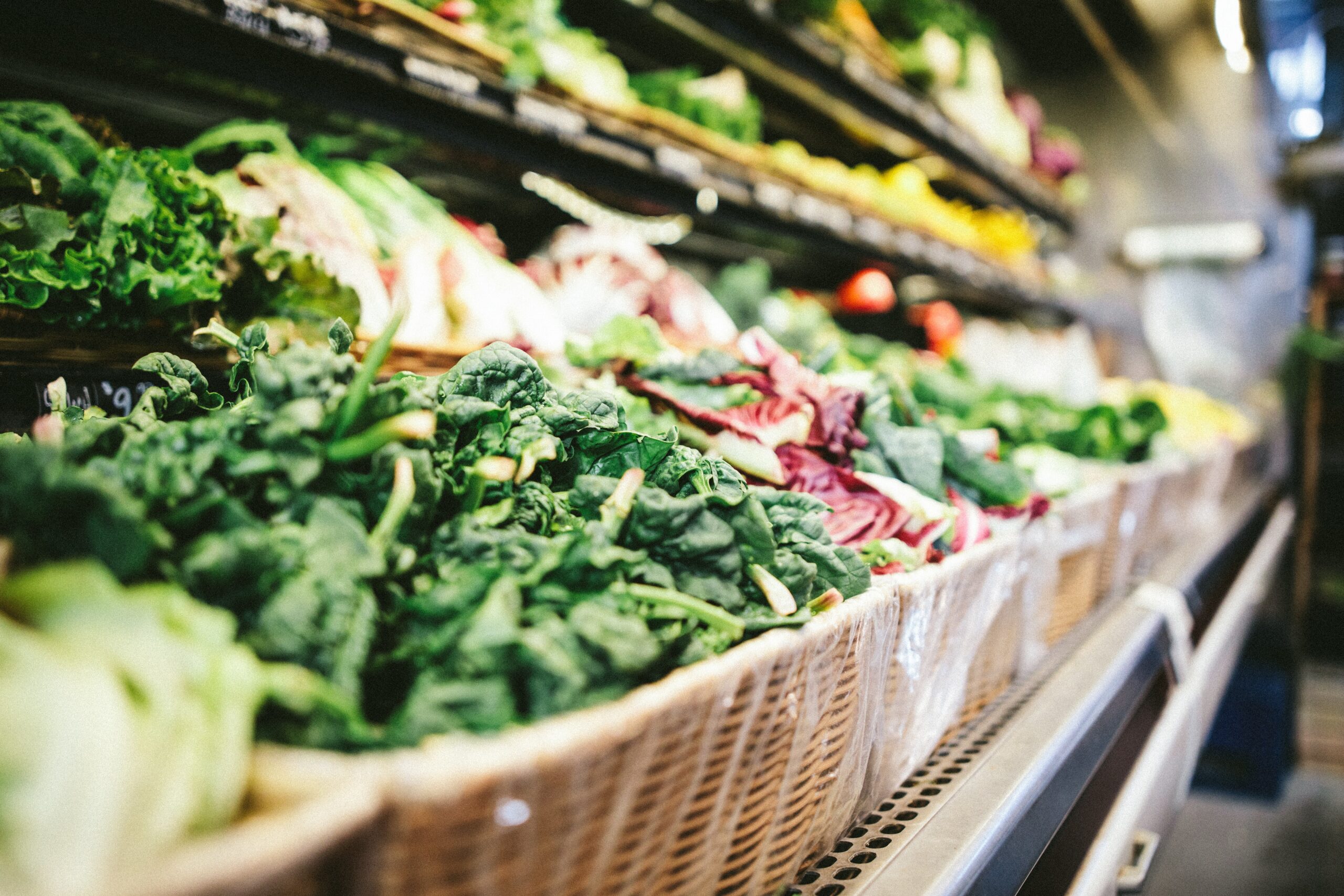The food pantry is a vital resource for many families in the area who are struggling to make ends meet. It is a place where they can come and get food for their families without judgement or hassle. The pantry is stocked with food donated by local businesses and individuals, and it is open to anyone who needs it. The Salvation Army food pantry is a godsend for many families in the area. It is a place where they can come and get food for their families without judgement or hassle. The pantry is stocked with food donated by local businesses and individuals, and it is open to anyone who needs it. The Salvation Army is doing a great service to the community by providing this much-needed resource.
According to the USDA, food insecurity is defined as a lack of consistent access to enough food for an active, healthy life. According to their research, 14.3% of American households were food insecure at some point during 2018, meaning that 1 in 7 Americans struggled to put enough food on the table at some point during the year. There are many reasons why people may experience food insecurity, including poverty, unemployment, low wages, and high housing costs. People who are food insecure may have difficulty affording nutritious food, or they may not have consistent access to a grocery store or other food source. Food insecurity can have serious consequences for health. People who are food insecure are more likely to experience obesity, diabetes, and other chronic health problems. They may also have difficulty concentrating or performing well at school or work. There are many organizations and programs working to address food insecurity, including food banks, soup kitchens, and Meals on Wheels. However, more needs to be done to address the root causes of food insecurity, such as poverty and inequality. In recent years, there has been a growing movement to address food insecurity through legislation and public policy. In 2016, the United States Congress passed the Healthy, Hunger-Free Kids Act, which expanded funding for school lunch and breakfast programs. In 2018, the Farm Bill reauthorized and expanded the Supplemental Nutrition Assistance Program (SNAP), which provides food assistance to low-income households. These and other policies have helped to reduce food insecurity in the United States, but much more needs to be done. We must continue to work to address the root causes of food insecurity, and to ensure that all Americans have access to nutritious food.

